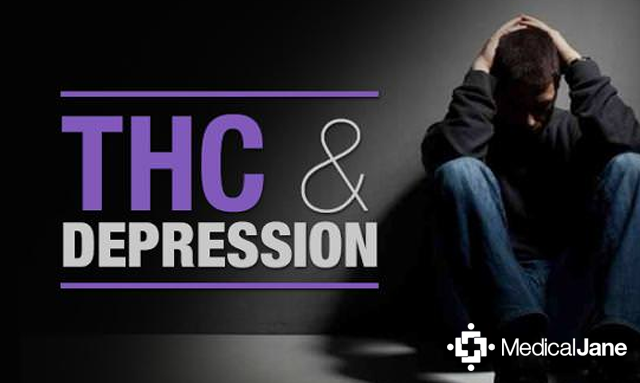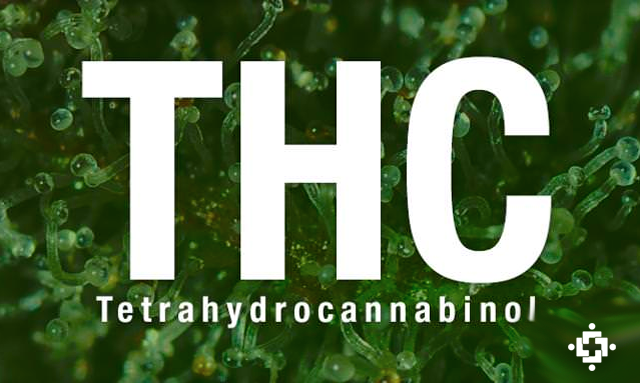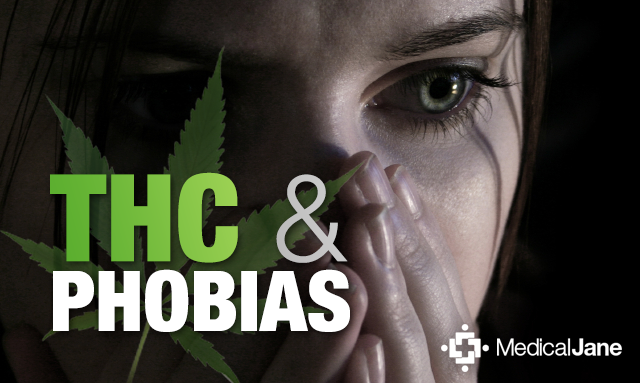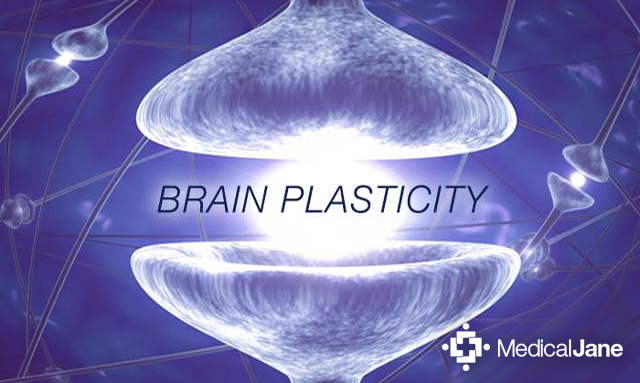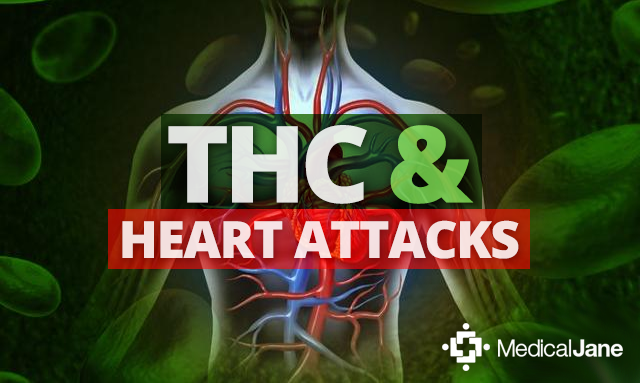Tetrahydrocannabinol (THC)
Delta-9-tetrahydrocannabinol (THC) is a phytocannabinoid, and typically the most abundant cannabinoid present in cannabis products on the market today. THC can be derived from THCA by non-enzymatic decarboxylation during storage and consumption. It is responsible for the well-documented psychoactive effects experienced when consuming cannabis.
When you smoke or ingest cannabis, THC travels into the bloodstream and eventually binds to cannabinoid receptors throughout your body. These receptor sites affect memory, concentration, pleasure, coordination, sensory and time perception, appetite and many more important functions.
Mild side effects of larger doses of THC can include anxiety, elation, burning eyes, dry mouth, shaking/trembling, increased heart rate and/or shortness of breath (or at least the perception of such) and short-term memory loss. Smoking or ingesting too much THC in a short period of time can intensify and alter its effects.
